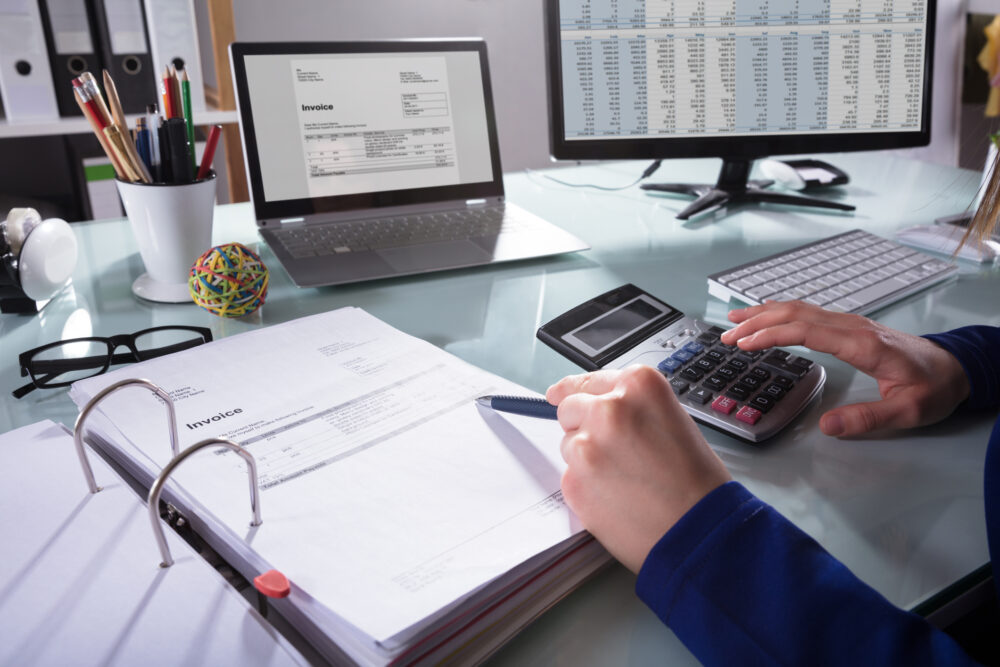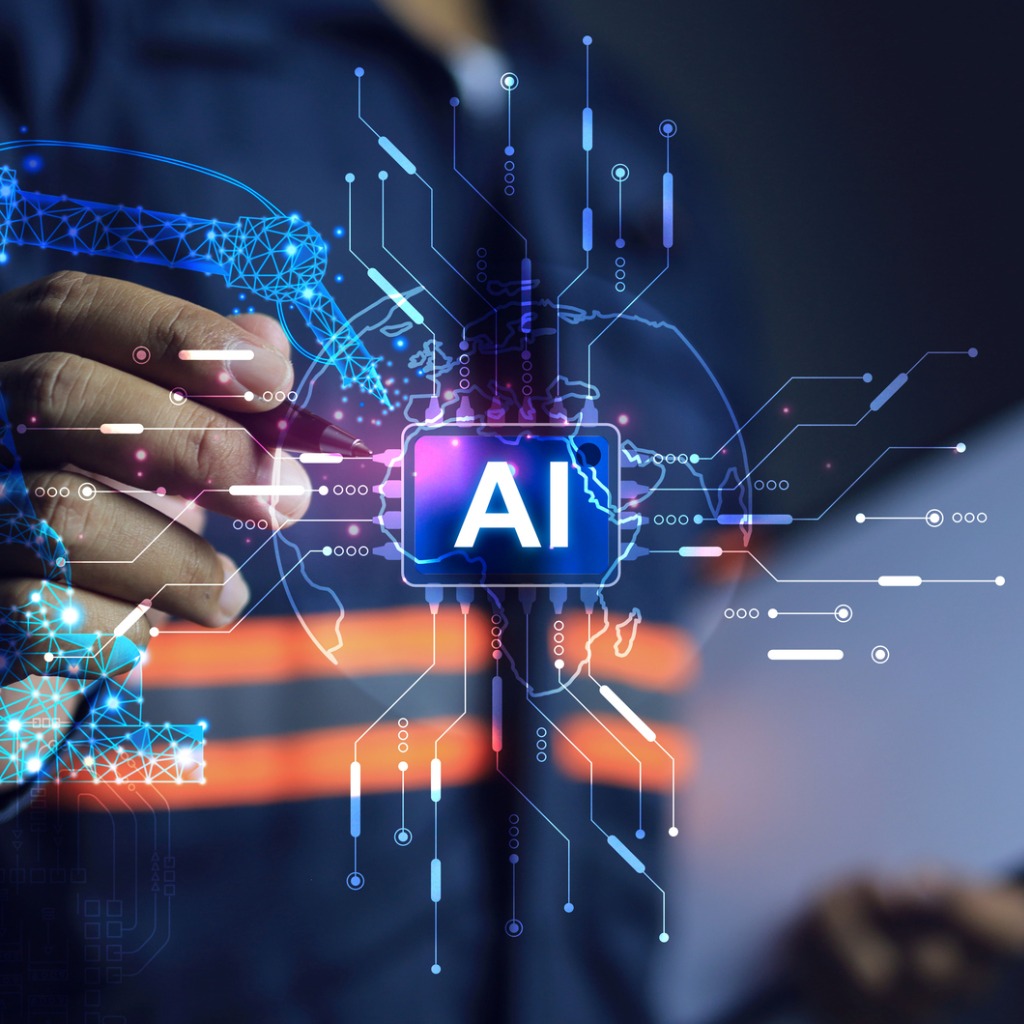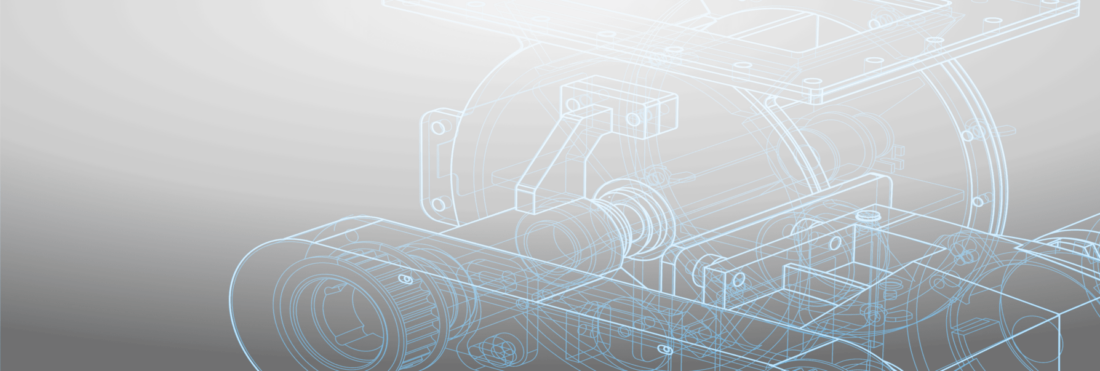
Why should you consider using an ERP for accounting?
The first sign that your company needs an ERP system will often come from your accounting department.
As your company grows, your accounting department will have more and more tasks to keep on top of—and not enough time to do it in. If you are relying on a piecemeal system of software programs and spreadsheets for your accounting, it’s time to invest in a proper system that will help your accounting department complete their tasks in an easier and more timely manner.
An ERP system includes all of the key features of an accounting software package in one place—accounts receivable, accounts payable, general ledger, banking management, budgeting, and all other accounting and financial management tasks. You can use an ERP to complete all accounting tasks, including billing, sales orders, purchase orders, the general ledger, timesheets, expenses, and electronic payments.
Having all of your accounting and financial information in the same place, and with the benefit of real-time data, will save your accounting department time, and let them better manage key accounting tasks and do big jobs faster—like closing out a month in almost half the time it used to take.
But an ERP will do more. Not only will an ERP give your company all of the benefits of an accounting software system, but an ERP system is also a resource management system that connects your entire operation, making it easier to track both tangible and intangible assets—like human resources and materials. Your accounting department will be able to produce more detailed and accurate financial reports, which will help you better understand which business lines and projects are profitable.
And as your business continues to grow, your ERP will be able to keep up with the growing demands placed on it as ERPs are robust software systems, built to manage complex operations. While investing in the right scalable ERP system will not immediately launch your organization to greater heights, it will spare you from having to reject growth opportunities due to limited software capabilities.
The right ERP system will help you keep on top of all of your accounting needs. Read on to learn our top 5 reasons for investing in an ERP system for accounting:
Reason #5 – Easier processes, more consistent data
An ERP will simplify your accounting processes, making everything your accounting department does easier. With one fully integrated system, you will never have to manually transfer data between two different platforms: By using an integrated ERP for accounting, data is transmitted automatically, eliminating the need for manual data entry. An ERP makes it fast and consistent, allowing you to focus on growing your business—instead of entering data.
An ERP also eliminates the errors that inevitably occur when doing manual data entry. When your accounting data isn’t entered correctly, your analysis and reporting will be inaccurate. These inaccuracies can cost you financially—as well as can have costly tax and compliance implications. By using an ERP for accounting and eliminating manual data entry will result in fewer errors, giving you a much more accurate picture of your financial situation.
Reason #4 – Improved productivity
With an ERP, many of your accounting and financial tasks can be completely automated.
An ERP will simplify accounts receivable and accounts payable, reduce your overhead, and improve cash management and cash flow issues. And instead of your staff spending almost have of their work hours on data entry (see reason #1), they will have more time and energy to focus on other tasks.
An ERP will not only increase your accounting team’s productivity—it will give you better insight into your company’s financials. Your accounting team will have time freed up from doing data entry to devote to more important tasks, such as creating detailed financial reports. And because an ERP gives you access to real-time data from across your organization, your accounting team will help you track financials better than ever before, and give you greater visibility into your company’s finances, including giving you the information you need to assess which business lines and projects are profitable, and which need to be improved.
Reason #3 – Real-Time Prediction
We’ve said it before, and we’ll say it again, but access to real-time data is one of the biggest advantages of using an ERP for accounting (and beyond). With a real-time finger on the pulse of your company’s financials, it’s easier to manage every aspect of the accounting process. This includes being able to review individual aspects of the business at a moment’s notice, such as:
- Costs by unit, quantity, hours, size, and more
- Categories, forecasts, budgets, and projects
- Forward-facing predictions and rear-facing impact reviews
- Cost flow analyses and historical cost variance reviews
Real-time data and better insight into your company’s financials allow you to create better financial forecasts, which will let you better predict profits and plan for the future. You will be better poised to take on growth opportunities because instead of reacting, you will be prepared and ready for new challenges.
Reason #2 – Easier cost-variance management
Variance management is another important task that your accounting department needs to keep an eye on. By taking the cost of manufacturing and any related expenses and providing a clear baseline, expenses for any project can be more easily reviewed and adjusted to meet expectations.
With access to real-time data, you will have the ability to quickly identify and address cost variances in comparison to the allotted budget, a manufacturer can quickly assess exactly why the variance is happening and remediate it before it begins to cut into profits. If the costs are cheaper than expected, then new standards can be set and favorable conditions can be preserved.
ERPs with their robust reporting capabilities offer the ability to review costs over a period of time, or according to a specific classification. This allows for multiple cost balances to be referenced and cost tables to be created to help analyze cost allocations and make better-informed decisions. Being able to drill down costs and profitability all the way down to the customer, job, and product level, lets you make more informed decisions, and lead your company in the right—and most profitable direction.
Reason #1 – Easier scalability
If your business is growing, and you need systems and software in place that can keep up with your growing demands. Using outdated accounting systems won’t let you grow your business, as your accounting staff won’t have the time to keep up with all the new customers and all the new tasks that they need to perform. Software scalability is the capability of a system to handle an increasing amount of work or its ability to accommodate growth. Scalability is a crucial quality of an ERP system—as you will be able to generate growth and expand your manufacturing through the streamlined operational performance and maximized productivity that an ERP provides you.
Having an ERP software solution that is scalable will help you manage growth—and make sure you will be able to handle new customers and accounts, as your business continues to thrive.
Conclusion
The right ERP system for your manufacturing business makes accounting easier, helps you better understand your company’s financial situation—and will ultimately make you more profitable. You will be able to boost not only the efficiency of your accounting and financial departments but your company as a whole.
Get your eBook Scared to implement a new ERP?
"*" indicates required fields



